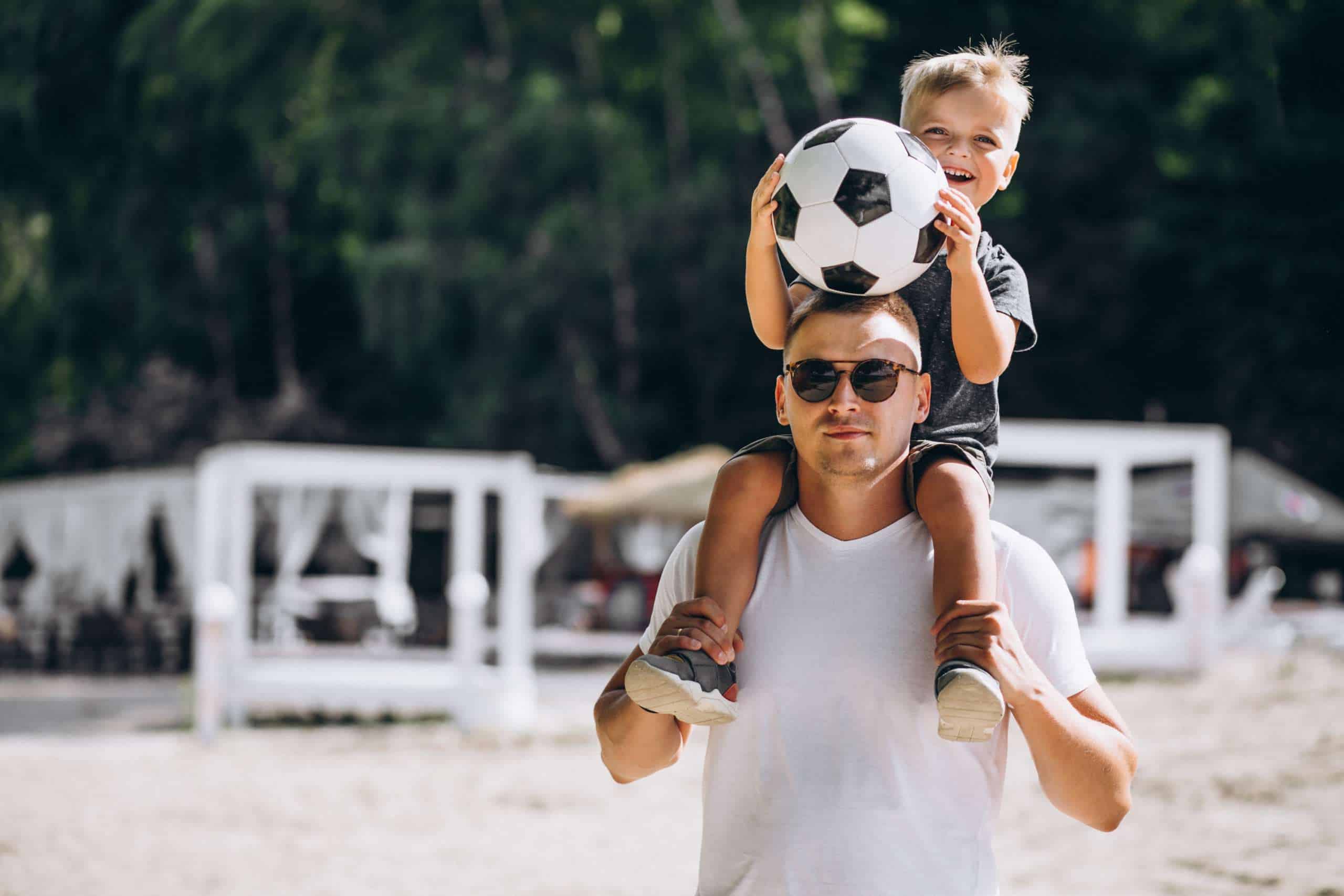
The role of psychology in sport is growing significantly every year. This is related, among others, to the specificity of the modern world, where more and more challenges await each of us. More and more people have problems with stress and tension. It is impossible not to mention the influence of technology on our lives. Not only the appropriate physical condition allows to achieve sporting successes, but also mental preparation plays a very important role here.
The ever-increasing role of psychology mentioned above not only applies to championship sport, but also to education through sport. Even in the youngest children resources can be developed that will allow them to take pleasure in physical activity and consciously start striving for a championship. Parents are the first and at the same time the biggest supporters of a child in training. They not only sponsor sports activities, but also help with organizational and logistical issues.
There is still too little talk about how psychology can support the parent of a child in training and make raising a young athlete easier. There are many sports, such as tennis, where parents not only participate in the process of their child’s sporting development, but also play a significant role in his or her development.
What kind of benefits can parents of a training child derive from cooperation with a sports psychologist? Among other things, it is an awareness of what kinds of actions or words can be helpful in various sports situations, but not only that. It is also a way to gain valuable knowledge about what to say and do to support your child during difficult and stressful times. The sports psychologist will also show you how to build self-confidence in your child. He will suggest how to support the toddler in coping with failures. Thanks to him, the carers will learn to cooperate better with the child’s coach.
Meetings with a sports psychologist are also a great opportunity to gain knowledge on how to implement mental training elements into the child’s training plan. In this way, you can master the ability to manage your own tension. The psychologist is also able to make parents aware of the types of behavior that can make it difficult for their child to achieve their goals and enjoy physical activity.
What exactly does a sports psychologist do? A sports psychologist provides mental and psychological skills training, which covers a number of different areas, such as relaxation, motivation, concentration, control of emotions and activation levels, communication skills, self-confidence development, control of thought processes, teamwork and imagination training.
How does cooperation with this type of specialist look like? The first stage is working on awareness and learning the mechanisms of the mind. Then begins the search for new strategies of dealing with difficulties that the athlete encounters on his way. The next stage is already checking in practice whether the planned actions have brought the expected results.
Featured photo: Freepik